Publications
-webp(85)-o(png).webp?token=cc9561b03b0331d46b4f4860152fe13f)
I am often asked: where do I find my heroes? On social media, during hikes, friends often introduce them, and besides, repats notice each other even in a crowd. A big “helper” in this matter are the monthly Repat Armenia Get2know events: the informal atmosphere of these meetings makes it possible to find not only new heroes, but also friends and like-minded people.
I met my heroine at one of these meetings: we smiled at each other, got acquainted, and talked through the whole event.
Karin from Everywhere
Karin Pogharian was born in Canada and, due to her father’s work, changed her place of residence frequently from an early age. She lived in Peru, Colombia, the USA, Australia, Indonesia, Cambodia, Guatemala, Mexico, India, and so on.
“I studied medical sciences at university, but deep down I always wanted to be a teacher. I first worked with children in a small village in Cambodia, where I was a volunteer,” Karin begins.
By that time, Karin was already interested in Waldorf pedagogy, which was very close to her: alternative, requiring constant self-development from the teacher, this philosophy quickly resonated with Karin’s activities.
She already has 15 years of teaching experience, 12 of which are in Waldorf pedagogy.
Waldorf Pedagogy
Waldorf pedagogy is based on Rudolf Steiner’s anthroposophy and implies a holistic approach to child development, paying attention not only to intellectual, but also emotional, spiritual, and physical aspects. The curriculum and school activities are adapted to specific stages of child development, creating an environment that fosters balanced and harmonious growth, while respecting the individuality of each child.
In this sense, Waldorf pedagogy is an alternative to traditional methods of education focused on early intellectual development. It involves the child’s understanding of the world through creative and interdisciplinary experience, encouraging imagination and play.
“A teacher should work with the same group for several years and engage in personal growth all the time to have the enthusiasm necessary for working with children. I look for and find my share of enthusiasm while traveling, and this helps me organize storytelling, movement, and songs in my work,” continues the heroine.
Work in Waldorf Philosophy
Karin’s first experience with this methodology took place in a small village in Guatemala, where she taught various subjects, including science, mathematics, English, art, and theater. The village was inhabited by people from the Mayan culture, speaking their native language (Kaqchikel), so Spanish was their second language, and English was foreign.
“Many said I was crazy: I went to such a place alone, lived without modern conveniences, and was a little cut off from the outside world. I felt the need to stay with this group of children for three years until they finished primary school. From there, I moved to a small coastal town in Mexico, where there was no Waldorf school, but I helped parents look for alternative education. By the third year, we already had a full-fledged school.”
Connection with Armenia
Karin’s mother is Colombian, so she could only learn Armenian with her father. He moved to Canada from Ethiopia at the age of 17 and considered it important to preserve his native language, so he spoke to the children only in Armenian.
“He always told us: we are Armenians, we have a difficult history, we must speak Armenian. And since we didn’t have Armenian friends, my dad was the only one with whom we spoke in our native language,” Karin recalls.
Karin’s first visit to Armenia took place in 2007. It left mixed feelings for her and her brother: they wanted to communicate, but language barriers got in the way.
The second visit, for the 100th anniversary of the Armenian Genocide, was planned by Karin’s father. Then they also went to Artsakh and felt connected to their homeland. It was during that trip that she visited the “Aregnazan” school, which works according to the Waldorf philosophy. Karin learned about the school when she was working in Guatemala.
The trip in 2023 became an experience of personal connection with Armenia. Already in 2024, Karin came to Armenia thinking it could become her home.
Wonderstand Project
Karin Pogharian has her own Waldorf pedagogy project, Wonderstand: she works online, producing interdisciplinary films that include storytelling, movement, games, and theater. These are also creative courses for learning cursive writing, mathematics, Spanish, and more.
Her courses are an excellent option for those who travel a lot and prefer homeschooling or world schooling. Students from all over the world are already studying through them.
Because I Feel Good Here
“I was lucky to visit fifty countries. I consider it my duty to weave cultural elements into my courses so that children can discover broader horizons with me. When asked where I’m from, I think – I’m from everywhere. Now I am in Armenia because I feel good here and I am drawn by a deep connection with it and the desire to discover its many facets,” says Karin.
She sees the path to peace through education: “We may have biased ideas about others and how different they are from us. But when children get to know other cultures, stories, and ways of life, they develop empathy and a broader perception of the world. I believe this is what the world really needs.”
By Nare Bejanyan
Translation via AI based on the original article in Russian: «Путь к миру – через образование. История Карин Погарян».
-
News
-webp(85)-o(png).webp?token=4db0fc384e15fdc1fa40160b6a6ca215) 02.02.2026Is It Possible to Open a Bank Card in Armenia Remotely if You Are a Non-Resident?
02.02.2026Is It Possible to Open a Bank Card in Armenia Remotely if You Are a Non-Resident?
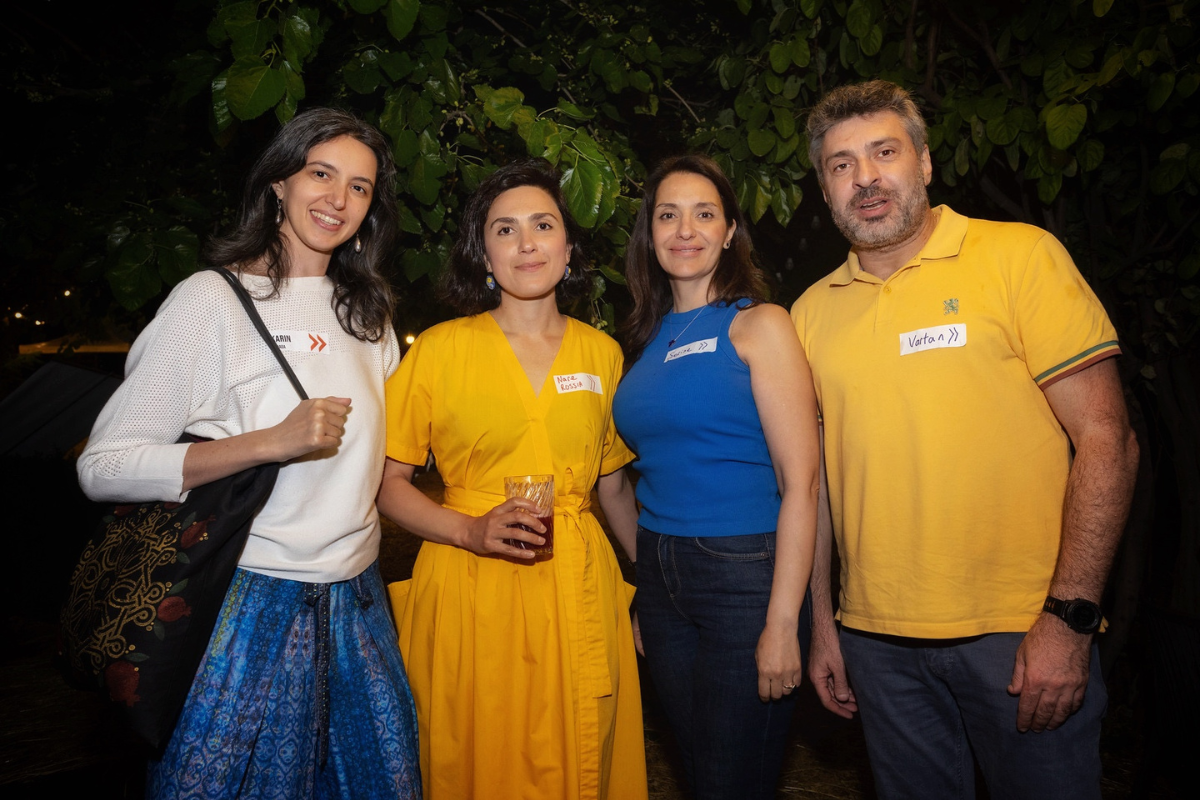
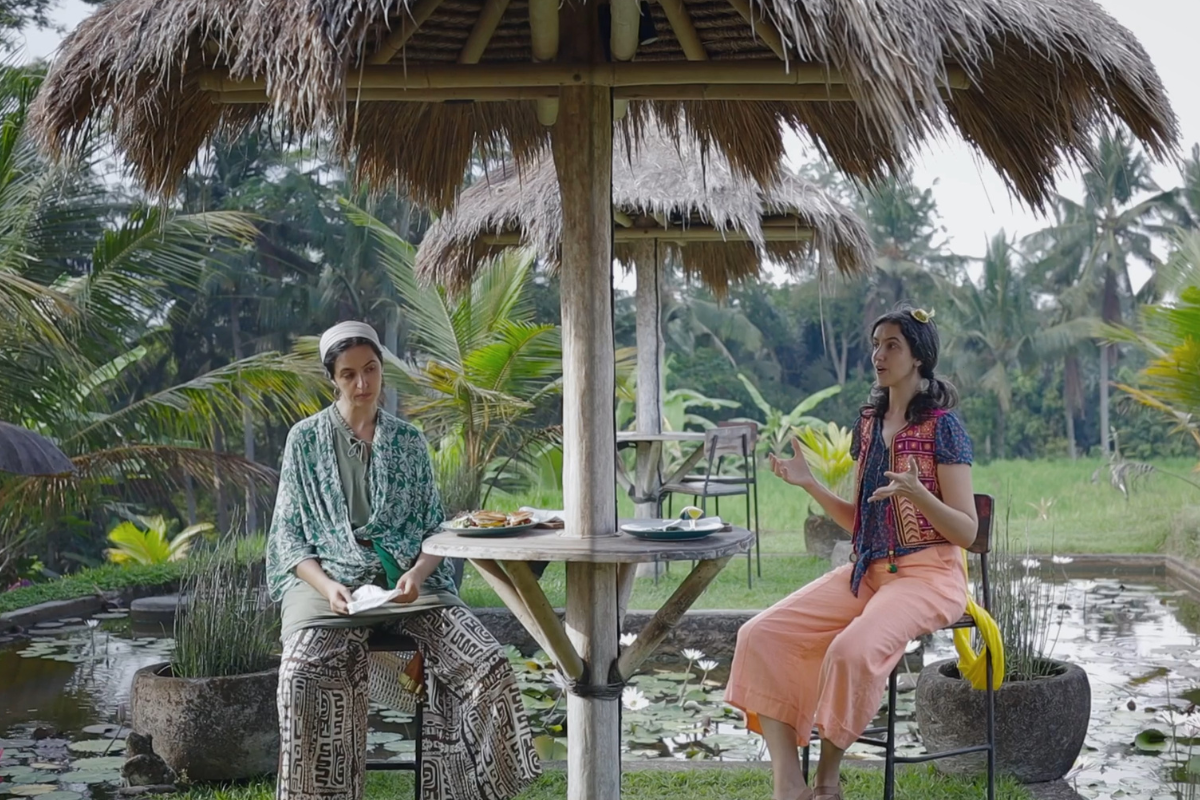
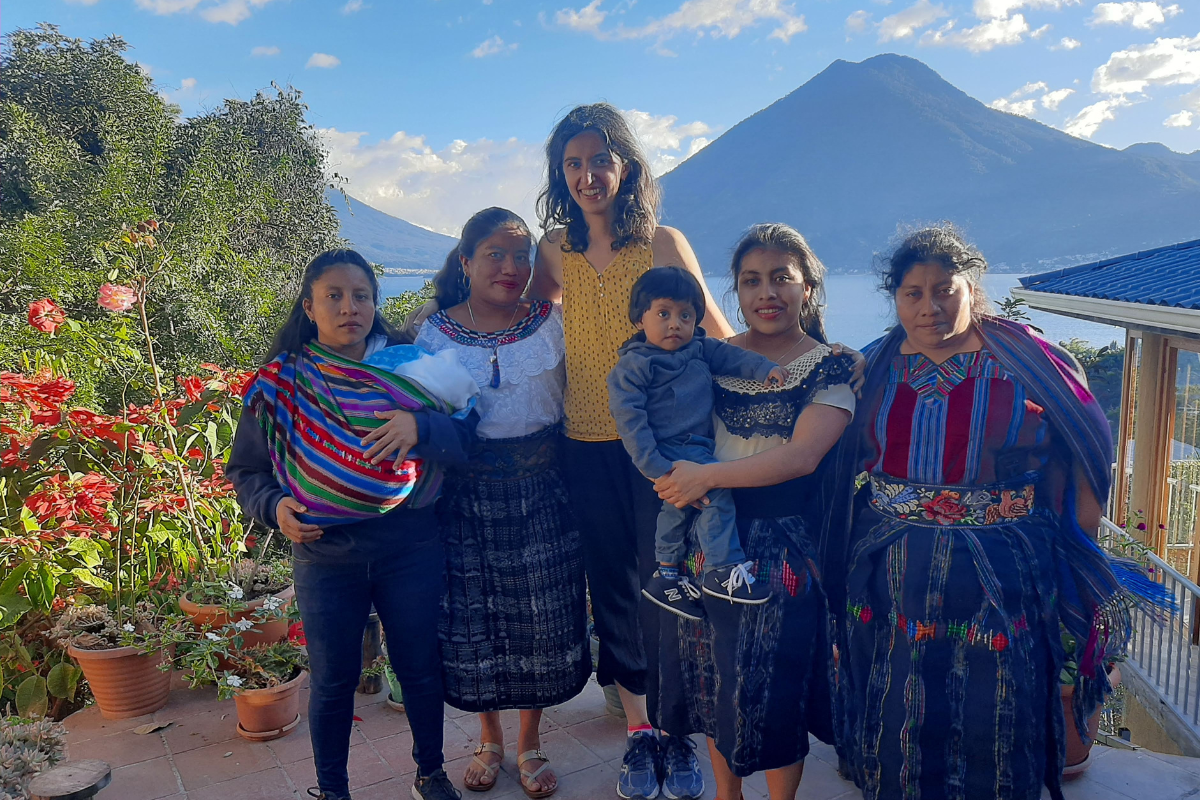
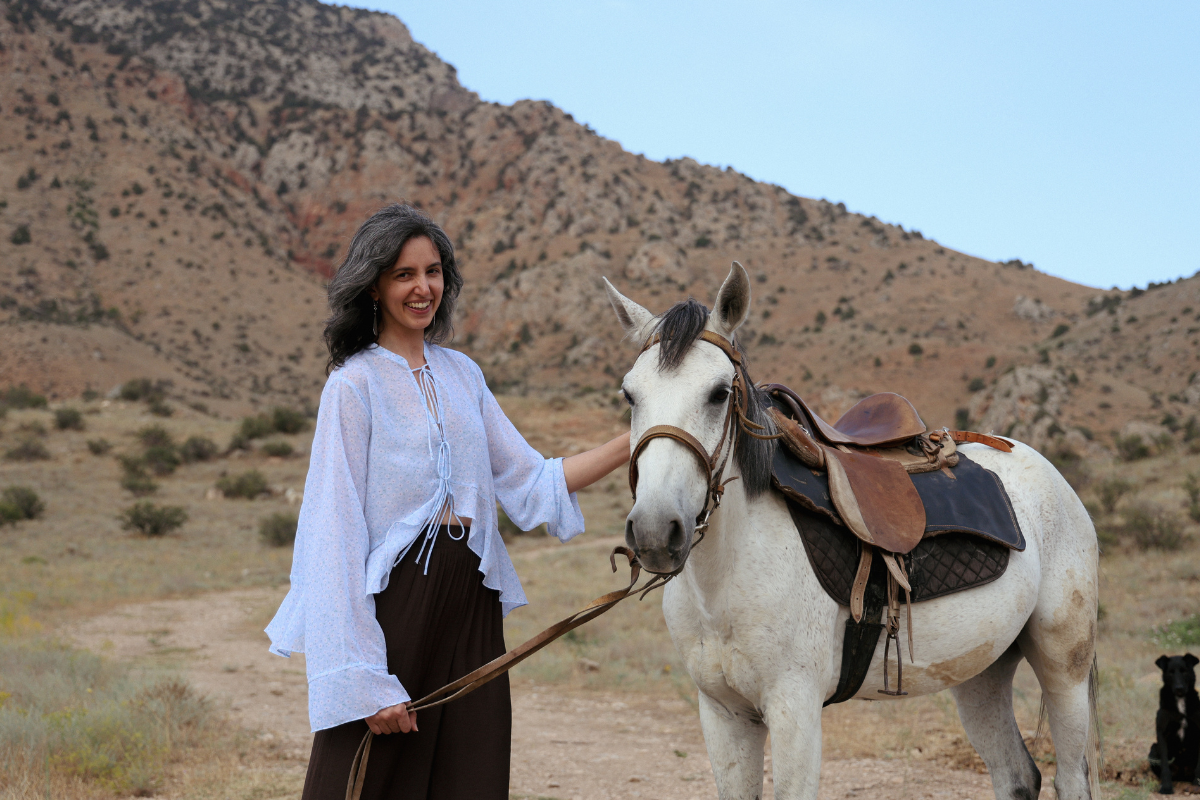
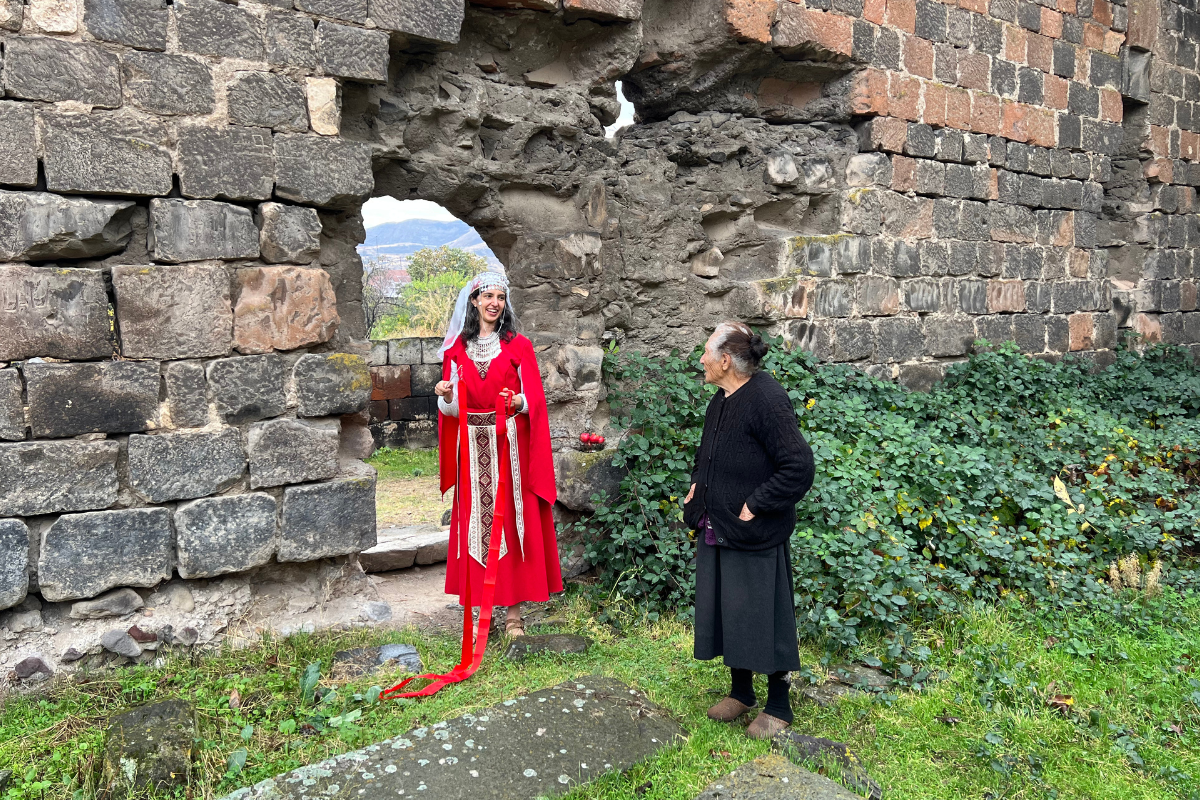

-webp(85)-o(png).webp?token=d3baa4e5a66d58d4e86e61808a50c13c)
-webp(85)-o(png).webp?token=0f42b0b6495e56f8d4c718a8194ddb85)